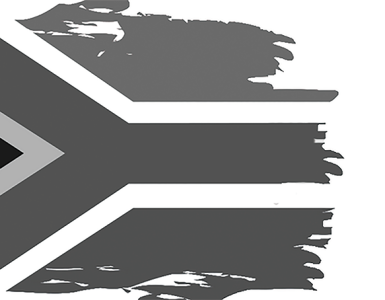OUTCOMES IMPORTANT: To sort out own or look for assistance
By Isaac Moledi
Many of us may not know the difference between debt review and debt counselling as the two terms are used interchangeably and refer to the same process. But the question that needs to be answered in relation to the two terminologies, according to financial experts, is whether the financial situation an individual is in can be retrieved and the person placed on a sound financial footing once the process has been completed.
“When a consumer realises that he or she is in financial trouble, the choice is whether to sort the problem out personally by consolidating his or her debt with the assistance of the bank, so that only one amount needs to be paid every month or entering the review process,” says Old Mutual head of financial education, John Manyike.
So, according to the institution, debt review involves a debt counsellor assessing an individual outstanding personal debt and putting a restructured debt repayment plan in place. The debt counsellor then renegotiates interest rates and repayment schedules with creditors to make his or her debts manageable. According to Old Mutual, the major advantage of somebody who is under debt review is that his or her assets are protected from being repossessed by the credit provider. This is because the process is a legal one and that a court order, which incurs costs, is passed providing protection to you as the consumer. This means that creditors cannot take back your property or your assets.
If, however, a finance provider is already taking legal steps to recover debt when a consumer decides to seek protection, these assets cannot be included in a debt review process.
So, when you are under debt review you:
• Cannot enter into any new credit agreements; that is, you cannot apply for any loans or finance from any institution;
• Pay additional fees to the debt counsellor for services and controlling the payment of your debts;
• Pay higher interest because you will be paying for longer periods;
• And of course, your credit profile will be affected.
The advice from the financial experts is that because of the higher interest and additional fees you will pay while under debt review, this process should be considered only when increasing personal financial discipline and consolidating debt will not help. Remember that with debt consolidation, all of your debts, be they personalised loans from various credit providers or any other debts, are consolidated under a single loan; and high-interest debts are settled, and accounts closed. Then you remain with one debt repayment per month to the credit provider who granted the consolidation loan.
So the benefits of debt consolidation include borrowing money at a low-interest rate (rates are low at present) to pay off loans or credit cards that are at a higher interest rate, and this can save money. You also have fewer payments to make each month and this can improve your credit scores.
How do you know that you are involved in a legitimate debt review process?
As many consumers have been duped by unscrupulous debt counsellors, you need to ensure that the debt counsellor you are involved with is registered. As with all things, the fees they charge for services can differ. Essentially, the end of the process is the granting of a court order- the consumer should ensure that a counsellor follows the process, and meets the requirements and that a court order is obtained. If a provider says a court order is not required, seek other help.





























